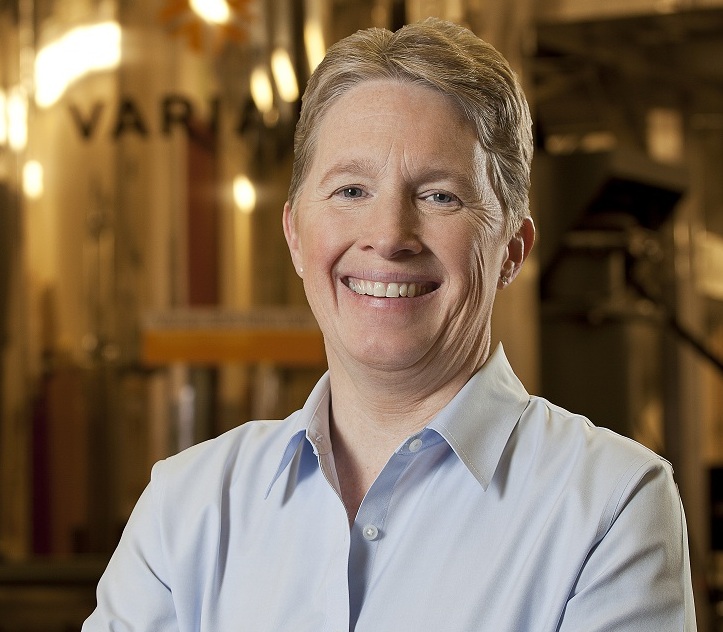The lecture will address interdisciplinary research in the field of the biosciences conducted at the EMSL, a top scientific center in the United States, whose infrastructure is available to scientists from around the world.
In making state-of-the-art instrumentation and infrastructure available, the EMSL has helped many scientists in various fields of expertise around the world through a multidisciplinary approach to solving some of the most important scientific challenges in energy, environmental sciences and biomedicine. Croatian scientists will be presented with opportunities for involvement in the work of the EMSL through its in-house research program.
Dr. Allison A. Campbell began her career with the Pacific National Laboratory in 1990 as a post-doctoral fellow, when she joined the Materials Synthesis and Modification Technical Group, where she made a notable contribution to the development of new materials in the field of biomaterials. In 1992, she was hired into that group as a research scientist involved in developing new methods for synthesizing ceramic coatings from aqueous processes.
She is credited with the discovery and development of a bio-inspired process to grow a bioactive calcium phosphate layer on the surfaces of artificial joint implants, to extend implant life and reduce rejection postoperatively. She is also recognized for her work in understanding the role of proteins in biomineralization processes such as the formation, growth and decay of teeth.
Dr. Campbell is the author of numerous publications, an invited lecturer at international professional conferences and has several patents that are based on the results of her research. Prior to joining the EMSL management team in 2001, she managed the Advanced Materials Product Line and the Materials Synthesis and Modification Technical Group at PNNL. In May 2005, she was named Director of the EMSL, whose unique resources are used each year by more than 700 scientists worldwide.
Lecture abstract
Environmental Molecular Sciences Laboratory (EMSL), a U.S. Department of Energy (DOE) national scientific user facility located at Pacific Northwest National Laboratory (PNNL), provides integrated experimental and computational resources for discovery and technological innovation in the environmental molecular sciences to support the needs of DOE and the nation. EMSL's nuclear magnetic resonance (NMR) spectrometers; high resolution mass spectrometers; ultra-high vacuum scanning, tunneling, cryogenic and atomic force microscopy capabilities; and the 160 TeraFlop supercomputer are all used to study microbial and plant species important for bioenergy and other alternative energy applications. This presentation will focus on -omics capabilities and enabling technologies needed to achieve dynamic, system-level understanding of complex biological systems, with selected application highlights.


